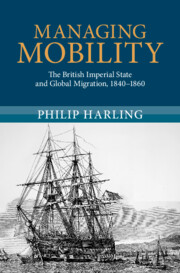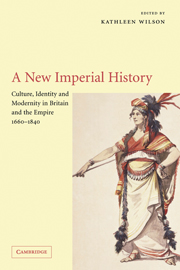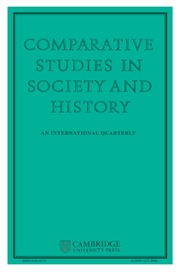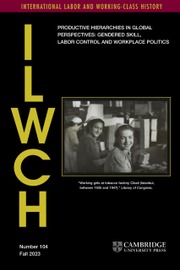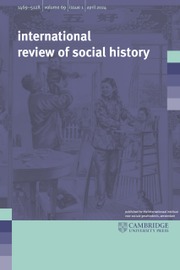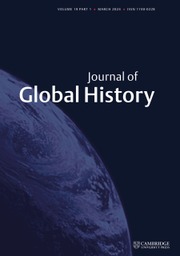Managing Mobility
Between 1840 and 1860 the British Empire expanded rapidly in scale, with rampant annexation of territory and ruthless suppression of rebellion. These decades also witnessed an unprecedented movement of people across the Empire and around the world, with over 2.6 million emigrants leaving Britain in the 1850s alone. Managing Mobility examines how the British imperial state facilitated the mass migration of its impoverished subjects as labor assets, shipped across vast expanses of ocean to contribute to the economy of the Empire. Philip Harling analyzes the ideological framework which underpinned these interventions and discusses the journeys taken by emigrants across four continents, considering the varied outcomes of these significant projects of social engineering. In doing so, this study demonstrates how the British imperial state harnessed migration to ensure and maintain a racialised global economic order in the decades after Emancipation.
- Provides a closely detailed account of the role of the British imperial state in facilitating the global movement of impoverished subjects as labor assets
- Unites Victorian empire and metropole in a single analytic frame
- Considers the pivotal role of mass migration in the relationship between the British state and Empire between 1840 and 1860
Reviews & endorsements
‘Managing Mobility reconceptualises the role of the British state in pan-imperial emigration schemes in the middle of the nineteenth century. Through meticulous research on Irish famine emigration, liberated African resettlement, and Indian indentured labour, Philip Harling reveals rich and geographically expansive histories of state engineering that provide a new perspective on Victorian liberalism.’ Clare Anderson, University of Leicester
‘Philip Harling’s latest book is impressive for its incisive case studies of human mobilities and global migration. But it is also greater than the sum of its parts in reforging the ways we understand the British imperial state. Placing free, coerced, and unfree migration in the same framework enhances our understanding of each - and the British state seeking to shape them.’ Richard Huzzey, Durham University
‘In this richly documented and detailed book, Philip Harling demonstrates how there was nothing absent minded, or laissez-faire about how the mid-Victorian state managed emigration to the empire. Ambitious social engineering policies were put in place as state policy makers sought to match appropriate populations to the varying labour market needs of the different parts of the empire.’ Richard N. Price, University of Maryland, College Park
‘In the mid-nineteenth century the British government ambitiously moved masses of people far around the globe. Here we see how emancipated Africans, poor Irish, Indian indentured labourers and subsidized white settlers crossed oceans to British colonies. Philip Harling re-visions Victorian migration to show the British imperial state’s large-scale social engineering.’ Angela Woollacott, Australian National University
Product details
December 2024Hardback
9781108833929
296 pages
235 × 159 × 21 mm
0.57kg
Available
Table of Contents
- Introduction
- 1. 'An awful Remedy': Irish Famine migration and Laissez-Faire theodicy, 1846–1853
- 2. 'A long Train of moral Evils': the end of convict transportation and the rise of assisted emigration to Australia, c. 1837–1853
- 3. 'The most perfect skeletons I ever saw': 'liberated' African immigration and the free trade crisis in the British Caribbean, 1838–50
- 4. 'A stranger to the facts will hardly credit the Negligence': Indian indentured immigration to the British Caribbean I. 1838–52
- 5. 'Complaints are still made of inadequate clothing': administrative muddle, Indian casualties, and the fortunes of William Humphreys
- 6. 'A new Epoch in the History of the experiment': Indian indentured immigration to the British Caribbean II. 1852–70
- Conclusion: Migration, the imperial State, and the British Empire in 1860
- Index.

